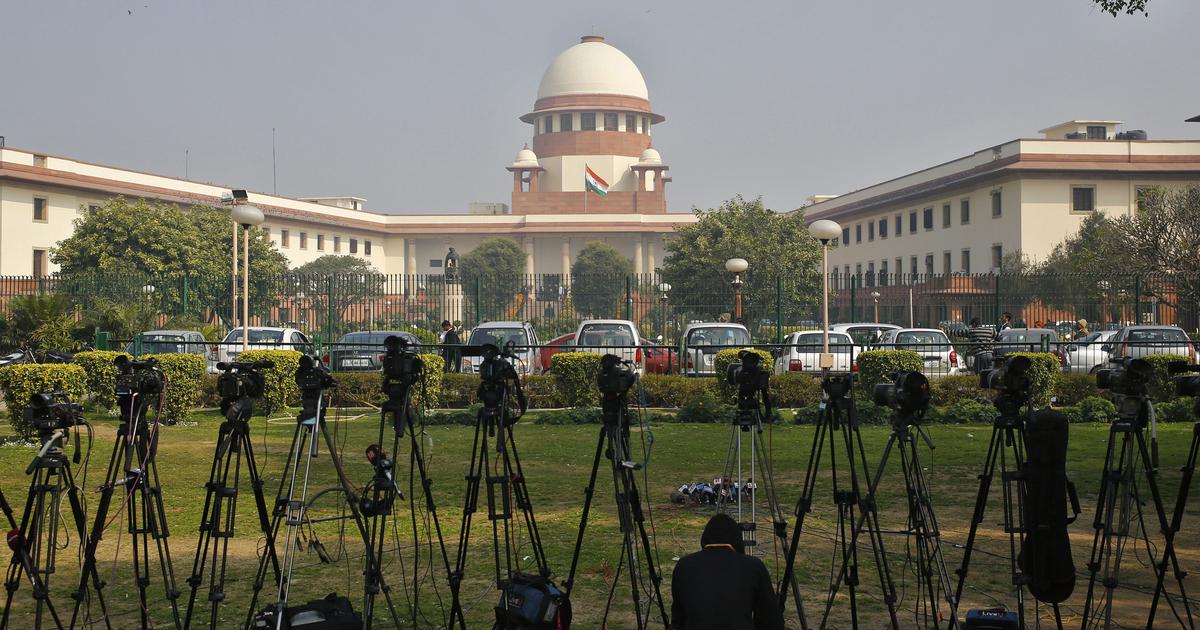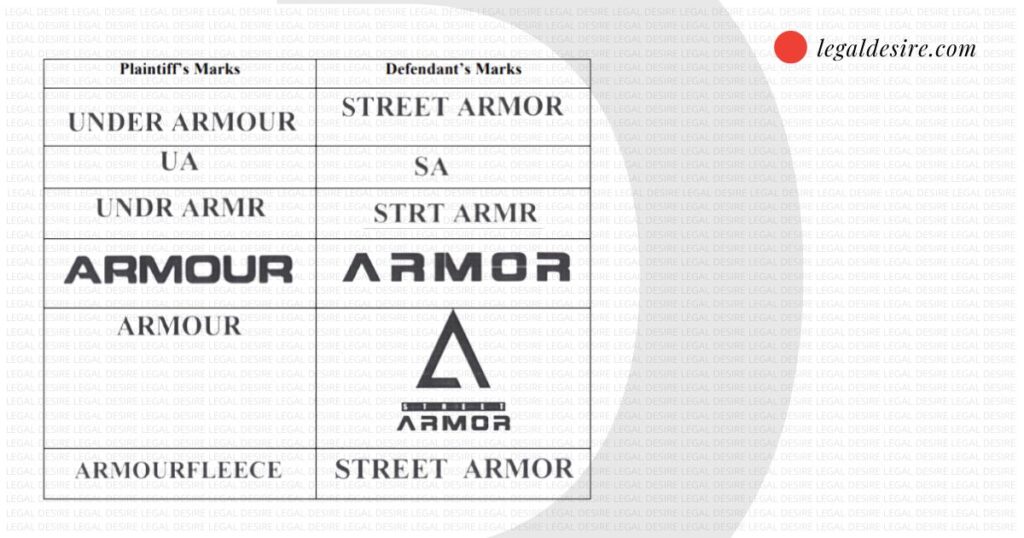Now Reading: SC: The landlord is entitled in seeking the revision of rent irrespective of anything mentioned in agreement
-
01
SC: The landlord is entitled in seeking the revision of rent irrespective of anything mentioned in agreement

SC: The landlord is entitled in seeking the revision of rent irrespective of anything mentioned in agreement
The Apex Court on 29.01.2019, in HARBANS KAUR v IQBAL SINGH & ANR[1].,allowed the appeals that had been made against the Rajasthan High Court’s judgment which allowed the tenant’s writ petition while setting aside the eviction order that had been passed by Rent Tribunal and Appellate Rent Tribunal. The Special Appeal (Writ) filed by the landlord had faced a dismissal while being held as unmaintainable by the Division Bench of the Rajasthan High Court.
FACTS:
The appellant being the landlord of the shop had it out to the respondent tenant at Rs.8,500/ per month. As per the rent deed, there was a clause that mentioned about an increase in the rent by 10% on a yearly basis. A notice had been the landlord due to the non -payment and non tendering of the rent. Further, the respondent was asked to deposit arrears into the account of the tenant. The notice specified that upon the failure of depositing money, legal proceedings pertaining to eviction shall be proceeded against the respondent.
The tenant deposited the aforesaid amount in the account of the landlord after the prior. However an application under Section 9 of the Rajasthan Rent Control Act, 2001, was filed by the tenant for eviction upon the ground of arrears of rent, The tenant contended that as per the provisions of Act, 2001, that was affected in 01.04.2003, the rate percent was 7.5% p.a.
The Rent Tribunal gave directions for the eviction of the tenant due to failure in paying the rent. An appeal before the Rent Appellate Tribunal was filed by the tenant which was eventually dismissed while upholding the Rent Tribunal’s order. Being grieved, a writ petition was filed in the High Court that was permitted by the learned Single Judge judgment and order.
An appeal was filed against the judgment of the learned Single Judge Special Appeal that was dismissed by Division Bench by its judgment where it held the appeal being unmaintainable. Being grieved, the appeals were filed in the Apex Court.
DECISION HELD BY THE APEX COURT:
The Apex Court while allowing the appeals and restoring the order passed by the Rent Tribunal, held that as per the provision in Section 6 contains provision the landlord is entitled in seeking the revision of rent irrespective of anything mentioned in the agreement between the landlord and the tenant and thus the landlord not adding 10% increase in the rent did not lead to any breach of Section 6 while an error had been committed from the part of the High Court while permitting the petition filed by the tenant.
[1] Full Judgment:
[embeddoc url=”https://www.sci.gov.in/supremecourt/2016/7008/7008_2016_Judgement_29-Jan-2019.pdf” download=”all”]








